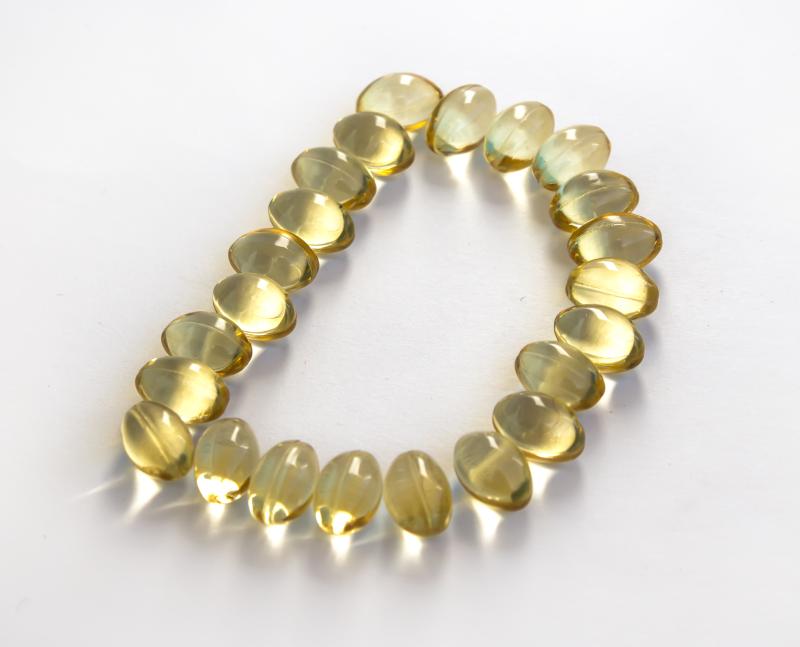
Supplementation with oral nano vitamin D appears to moderate disease activity and severity grade of patients with active ulcerative colitis (UC), suggests a study, adding that this association is more evident in those achieving a target vitamin D level of 40 ng/mL.
The investigators assessed the effect of oral nano vitamin D3 supplementation on disease activity in active UC (UC disease activity index [UCDAI] ≥3) by randomizing patients with active UC and vitamin D <40 ng/mL to receive either oral nano vitamin D (60,000 IU/dx8 d) or placebo.
Participants were then evaluated for disease activity (UCDAI scores, C-reactive protein, erythrocyte sedimentation rate and faecal calprotectin) at baseline and at 4 weeks. The response was defined as a 3-point reduction in UCDAI score at 4 weeks and decrease in inflammatory markers.
The median vitamin D levels rose from 15.4 to 40.83 mg/dL in the vitamin D group (p≤0.001) and marginally from 13.45 to 18.85 mg/dL (p=0.027) in the control group. Response was more prevalent among vitamin D patients as compared with controls (53 percent vs 13 percent; p=0.001).
Increase in vitamin D levels led to reductions in UCDAI score (p≤0.001; ρ=–0.713), C-reactive protein (p≤0.001; ρ=–0.603) and calprotectin (p=0.004; ρ=–0.368). Patients who achieved the target vitamin D level of >40 ng/mL (n=17) were more likely to reach a 3-point reduction in UCDAI (80 percent vs 20 percent; p≤0.001) and a decrease in severity grade from 60 percent to 35 percent (p=0.038).
Moreover, vitamin D administration (odds ratio [OR], 9.17, 95 percent confidence interval [CI], 2.02–41.67) and baseline histologic activity (OR, 1.92, 95 percent CI, 1.2–3.08) were independently associated with response.
“Vitamin D possesses anti-inflammatory properties and could be beneficial in UC,” the investigators said.